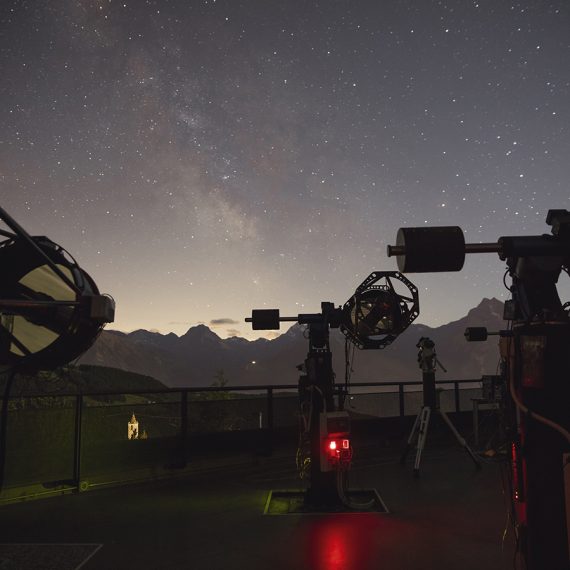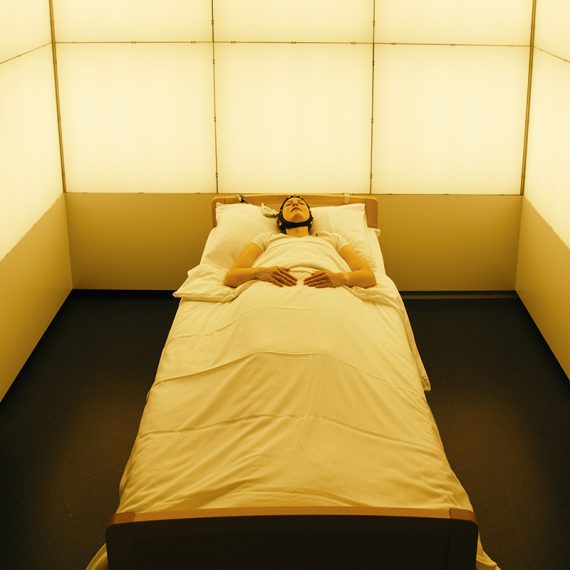Protege Noctem – If Darkness Disappeared
For all of us, blinded by shards from billions of artificial lights (ALAN: Artificial Light At Night), the night sky is a tarnished patchwork, an imposter of eras gone by. 83% of the world’s population has never seen the Milky Way, the galaxy we inhabit. And in megacities like Shanghai, home to the world’s largest astronomical museum, 95% of stars are invisible to the naked eye. Artificial lights, even LED lights, release a blue–tinted spectrum that dazzles the nocturnal ecosystem, and damages man’s circadian cycle – our endocrine-inspired rhythm of sleep and wakefulness – encouraging the grim onset of diseases such as breast and prostate cancer, diabetes and depression. Epidemiologists agree the disappearance of the night – the obstruction of darkness at nighttime – threatens us just as much as pollution, alcohol and tobacco. “- We ask the Commission to put in place an ambitious plan to significantly reduce the use of outdoor artificial lights by 2030,” wrote an alarmed European Parliament in its document – titled Biodiversity Strategy for 2030: Bringing nature back into our lives.
But artificial light doesn’t only cause harm on Earth. The multiplication of telecom satellites creates crisscrossing beams of light that prevent astronomers studying the celestial vault. And the natural world suffers too: migratory birds fly off course, insect species face extinction, and delicate leaves are taken by surprise by the onset of winter. This is why defending the dark, averting its apocalypse, represents a groundbreaking battle in the ecological war we all face. Protege Noctem documents the alliance scientists and citizens have formed to rally against the disappearance of the night and its creatures.
Listen to the words of the artist




